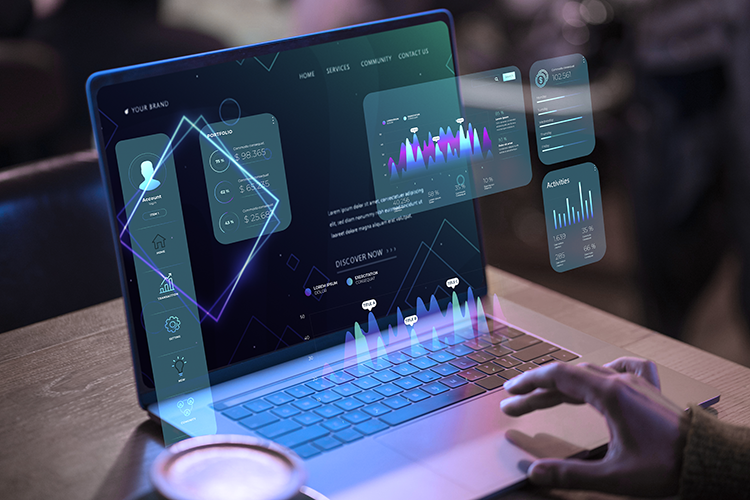

In recent years, blockchain technology has emerged as one of the most promising innovations for the corporate world. Initially associated with cryptocurrencies, blockchain is now proving to be a revolutionary tool for drafting and managing business contracts.
What Is Blockchain?
Blockchain is a distributed ledger technology that enables the creation of a digital record where all transactions and information are securely, transparently, and immutably stored. Each block in the chain contains data from a specific transaction and is cryptographically linked to the previous block, ensuring the integrity and authenticity of the information.
Application in Business Contracts
The primary application of blockchain in business contracts is through smart contracts. These are computer programs that automatically execute contractual clauses as soon as predefined conditions are met. Unlike traditional contracts, smart contracts do not rely on intermediaries for validation, reducing costs and increasing efficiency.
Benefits of Blockchain in Business Contracts
- Security: Blockchain technology ensures that contracts cannot be altered without the consensus of all involved parties, providing a high level of fraud protection.
- Transparency: All parties can monitor every step of the contract’s execution, fostering greater transparency and trust.
- Efficiency: Automating contractual processes through smart contracts reduces execution time and eliminates the need for intermediaries, such as banks or lawyers, in certain stages.
- Cost Reduction: By removing intermediaries and reducing bureaucracy, operational costs related to business contracts are significantly lowered.
- Decentralization: Blockchain operates on a decentralized network, meaning no single entity controls the information, reducing the risk of censorship or data manipulation.
Challenges and Considerations
Despite its numerous advantages, the use of blockchain in business contracts still faces some challenges. These include the lack of specific regulations, the need for legal adaptation, and the technical complexity involved in creating and implementing smart contracts.
Conclusion
Blockchain technology is shaping the future of business contracts, offering a more secure, efficient, and cost-effective alternative to traditional methods. However, companies must prepare both legally and technically to adopt this innovation, ensuring they fully capitalize on its benefits while mitigating potential risks.